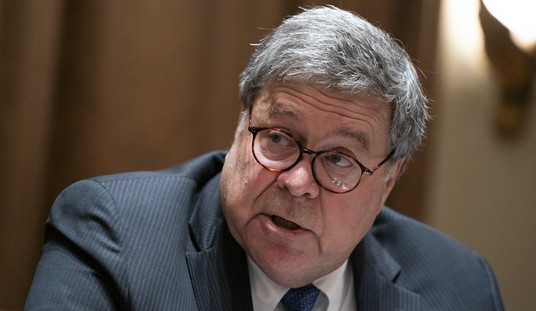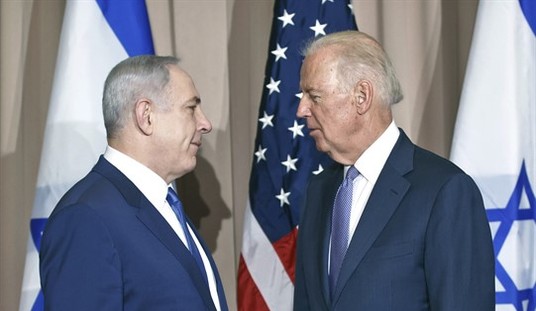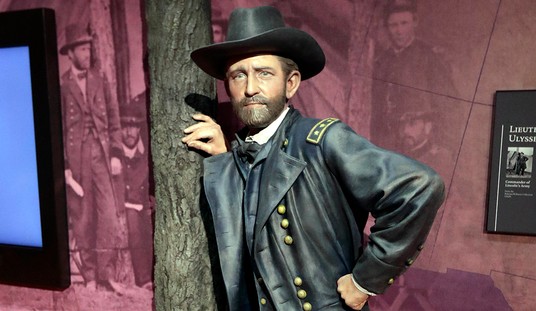Sam LaHood, son of Transportation Secretary Ray LaHood, was stopped at the Cairo airport Saturday and told that he was not allowed to leave Egypt. He has since been detained, without explanation. LaHood was in Egypt working for a group called the International Republican Institute, which promotes democracy abroad. His detention is said to be being worked at the highest levels of the US government. And it turns out that LaHood is one of six Americans being held in Egypt against their will and without explanation. There appears to be a rift between the US and Egypt lurking behind the detentions.
Just a day before Mr. LaHood was detained temporarily, President Obama had warned Egypt’s leader, Field Marshal Mohamed Hussein Tantawi, that this year’s American military aid hinged on satisfying new Congressional legislation requiring that Egypt’s military government take tangible steps toward democracy, said three people briefed on the conversation.
Mr. Obama referred specifically to the criminal inquiry into several democracy-building groups with foreign financing, including the Republican Institute, the people who were briefed said, and he made clear that Egypt had not fulfilled the Congressional requirements, but Field Marshal Tantawi did not seem to believe him.
Then, after the travel ban on the Americans became public on Thursday, the administration made the warning public as well. “It is the prerogative of Congress to say that our future military aid is going to be conditioned on a democratic transition,” Michael H. Posner, an assistant secretary of state responsible for human rights issues, said at a previously scheduled press conference in Cairo on Thursday.
Raids last month on nongovernmental organizations, along with respect for basic rights, he said, are “very much a part of that package.” He said repeatedly that the military aid was now at stake and that the treatment of the American-backed groups had set off a Congressional outcry. “Obviously any action that creates tension with our government makes the whole package more difficult.”
This behavior on the part of the Egyptian government, whoever is on control of it at the moment, in unacceptable. The “new” Egypt seems to be on track to behave like the post-1979 Iran, something I predicted back when Mubarak fell but is still shocking to see. The hope at that time the “Arab spring” gathered force in Cairo was that Egypt might track Turkey and only become mildly Islamist while remaining mostly secular. The country’s elections have empowered true Islamists, though, and now we may be looking at the early stages of another hostage crisis as the new government goes hardline.
Americans of a certain age remember Tehran 1979 as one of the lowest chapters in American foreign relations. We had recently lost Vietnam, and in Iran we lost an imperfect but staunch ally, America seemed to be a weak sister on the world stage, and the Middle East became a far more dangerous place practically overnight as the ayatollahs took power and established the Islamic republic. The hostage crisis helped destroy the Carter presidency, and convinced a wide swath of the world that America had become a paper tiger. That crisis was in many ways the beginning of the Islamist war we face today in the form of al Qaeda, Hezbollah and the regimes that back and use them as proxies to wage war against us.
Watching Cairo in 2011 and 2012 seems all too familiar. Those six Americans being held in Cairo must be released unconditionally, immediately.








Join the conversation as a VIP Member